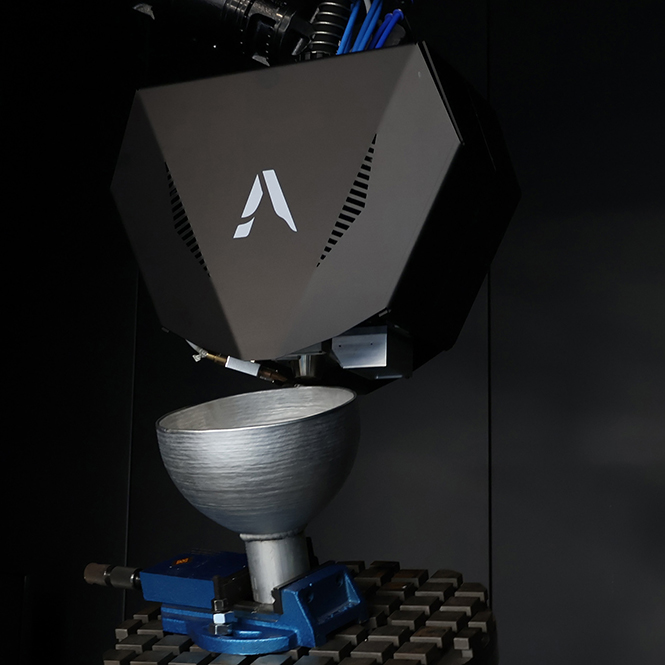
Technology is not just a matter of performance; it affects the environment and human societies. This holistic approach lays the ground for the “European Green Deal” – including the policy “Green Manufacturing: Demonstrating technologies to fight Climate Change” – that fosters a green transition towards climate neutrality by 2025.
In the current scenario, Caracol has taken part to the open call of the EIT Manufacturing project Demo4Green – with its project RARe-WASTE “Robotic Large Format Additive Remanufacturing from Recycled Waste”, to demonstrate how LFAM technology can be sustainable in terms of processes and products. Reducing the use of resources on one hand and implementing longer life cycle on the other, it can reinforce the overall manufacturing performance. Digital technologies such as LFAM systems could finally support the ultimate purpose of circular economy, if combined with local supply chains, from dismantling of end-pieces to reuse of recycled materials.
The project’s demo case consists of a 3D printed lamination tool for wind turbines produced out of recycled material and assessed in terms of technical and functional requirements in collaboration with MADE Competence Center i4.0. This application provided evidence of several tangible benefits that can be achieved through manufacturing with LFAM process, including: improved lead time by 50%, increased raw material saving by 72%, and enhanced waste reduction by 90% compared to traditional processes. Furthermore, compared to traditional processes with which lamination tools are generally manufactured, the case study was validated also from a technical standpoint as dimensional tolerances and surface roughness were maintained. Lastly, material porosity was analyzed through CTscans of sample printed materials, through our partner Trentino Sviluppo’s ProM Facility, and provided excellent results equal to a maximum porosity of 0.2 mm.
03 Wind Blades’ Lamination Tooling
The employed technology is Caracol’s latest robotic LFAM system Heron AM. Thanks to the funded test-before-invest activities, it has been found that waste material from end-of-life composite components can be used for additive manufacturing of large format components. The tool was developed thanks to the collaboration with Enel Green Power both on recycling of glass fiber and on potential applications. Therefore, the case study specifically targets the Wind Energy sector and shows the real-world opportunities of LFAM technology for customer segments such as OEMs, Tier 1 and 2 as well as industrial end-users of composite tooling and producers of onshore energy plants. However, the cross-sectoral possibilities of this advanced technology open to different industrial applications such as Aerospace and Automotive. In these latter cases, the use of recycled materials is already in place for tooling and to keep being tested for end-pieces application.
Finally, as we strive to always find ways to improve the sustainability of industrial manufacturing processes, we are glad to showcase how Caracol’s Large Format Additive Manufacturing technologies can be sustainability enabler, not only for the Renewable Energy industry.










































